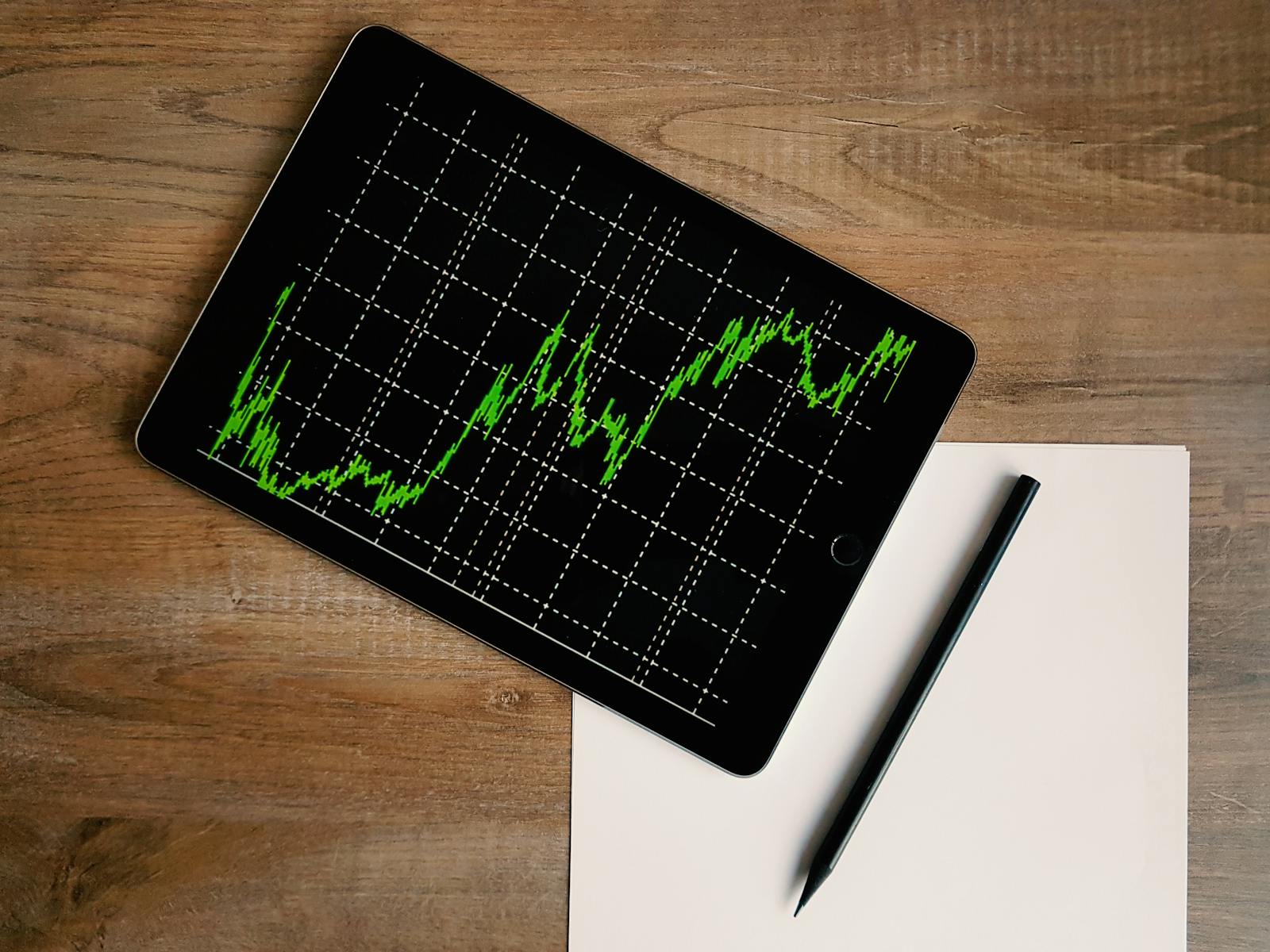Also Read
Keywords:
day trading, day trader, trading,trading
Day trading in the stock market is making many purchases and sales of equities on a daily basis in a quick fashion. Utilizing this strategy, investors may quickly benefit from the minute-to-minute and second-to-second fluctuations that occur in stock prices. It is quite unusual for a day trader to stay in a transaction through the night and into the following day. These transactions are initiated and completed in a few of minutes each.
No, that is not the case. There is no need for one to spend their whole day in front of a computer. When day trading, the golden rule is to trade at the same time as everyone else is trading. There are a lot of other considerations to take into account, but this is the guideline. In other words, you should trade first thing in the morning.
Day trading has a level of risk comparable to that of any other kind of financial investment; in fact, it is one of the most high-risk trading strategies available. The behavior of the market, which is completely unexpected, drives both the rise and the fall in stock values. Day traders are investors who constantly purchase and sell a small number of stocks in the expectation of making a profit during the few minutes or seconds that they are in possession of those specific equities. The execution of the plan is not as easy as the theory suggests.
If you just have a limited amount of money to invest, it's possible that you won't be able to purchase huge quantities of a certain stock. On the other hand, purchasing just a little bit increases the likelihood that you'll incur a loss. And it should go without saying that it is difficult to know with absolute certainty which stocks will result in profits and which will result in losses. Even the most successful traders have to have the ability to accept either result.
In day trading, the attention should be placed on the quantity of shares held rather than the value of the shares held, thus it is essential to be aware of this fact. If you day trade, you WILL incur losses; however, even for the more costly equities, the loss should be little due to the fact that prices do not often shift by an excessive amount over the course of just one trading day.
The field of day trading is involved in the trading of a wide range of stocks and shares. Here are just a few examples:
Growth-Buying Shares are shares that have been purchased with profits and which continue to increase in value. In the long run, the value of these shares will start to go down, and a seasoned investor should be able to anticipate what will happen to them in the future.
Small caps are the shares of firms that are currently on the rise and do not show any indications of slowing down. Day traders should avoid these shares because of the high level of risk they provide, despite the fact that they are often inexpensive. You would be better off opting for big caps and/or mid-caps, which, as a result of the premium, are far more secure and reliable.
Unloved Stocks are firm shares that have historically underperformed in comparison to their peers. Speculators purchase these shares with the expectation of realizing a profit if and when the stock's price moves upward. Unloved stocks might be a dangerous option for day traders, similar to the situation with tiny caps.
When it comes to day trading stocks, the examples given above are NOT the only choices you have. Investing some time in meticulous study, a knowledge of market trends, a sound technique, and a disciplined trading plan is the best approach to figure out which kind of stock is ideal for you. Other important factors to consider are these:

No comments
Post a Comment